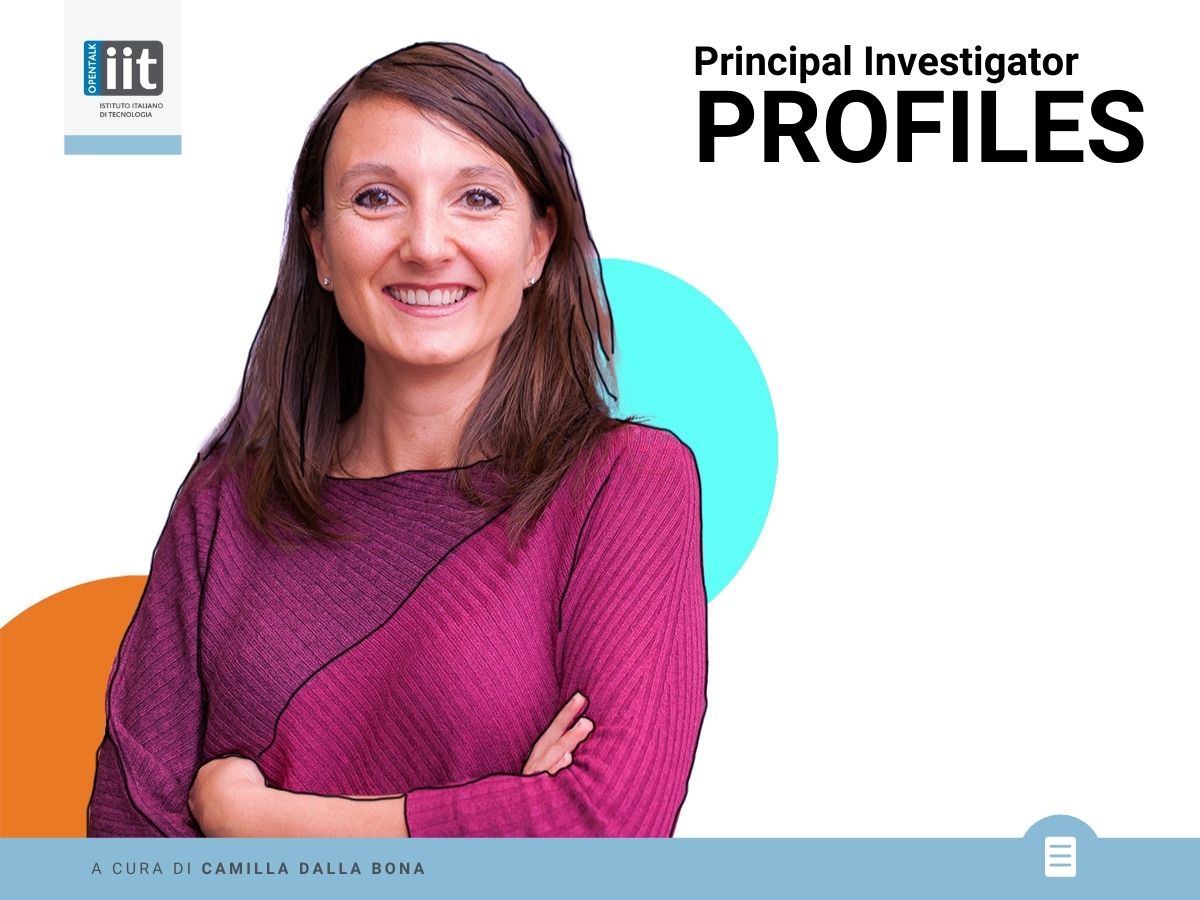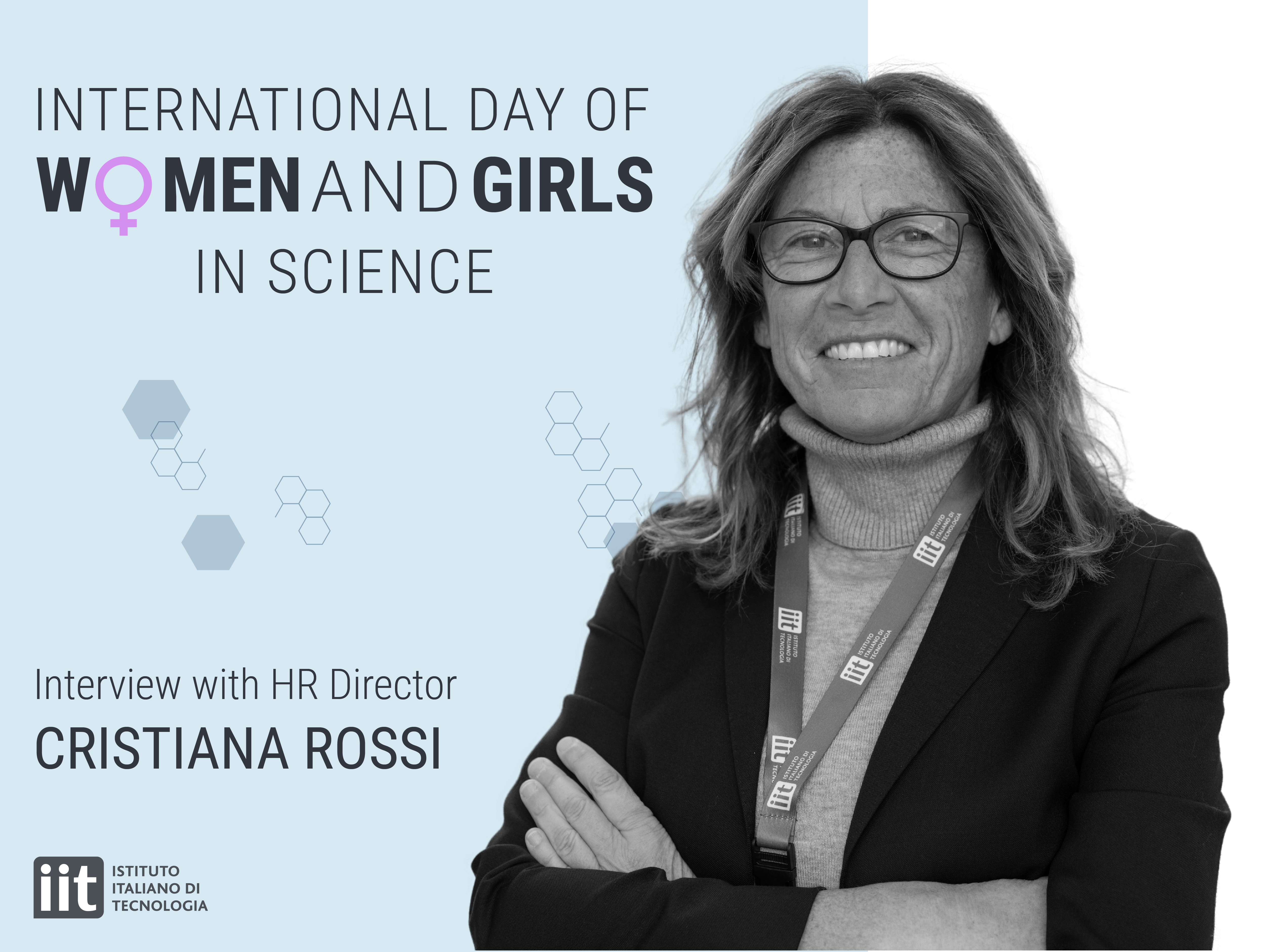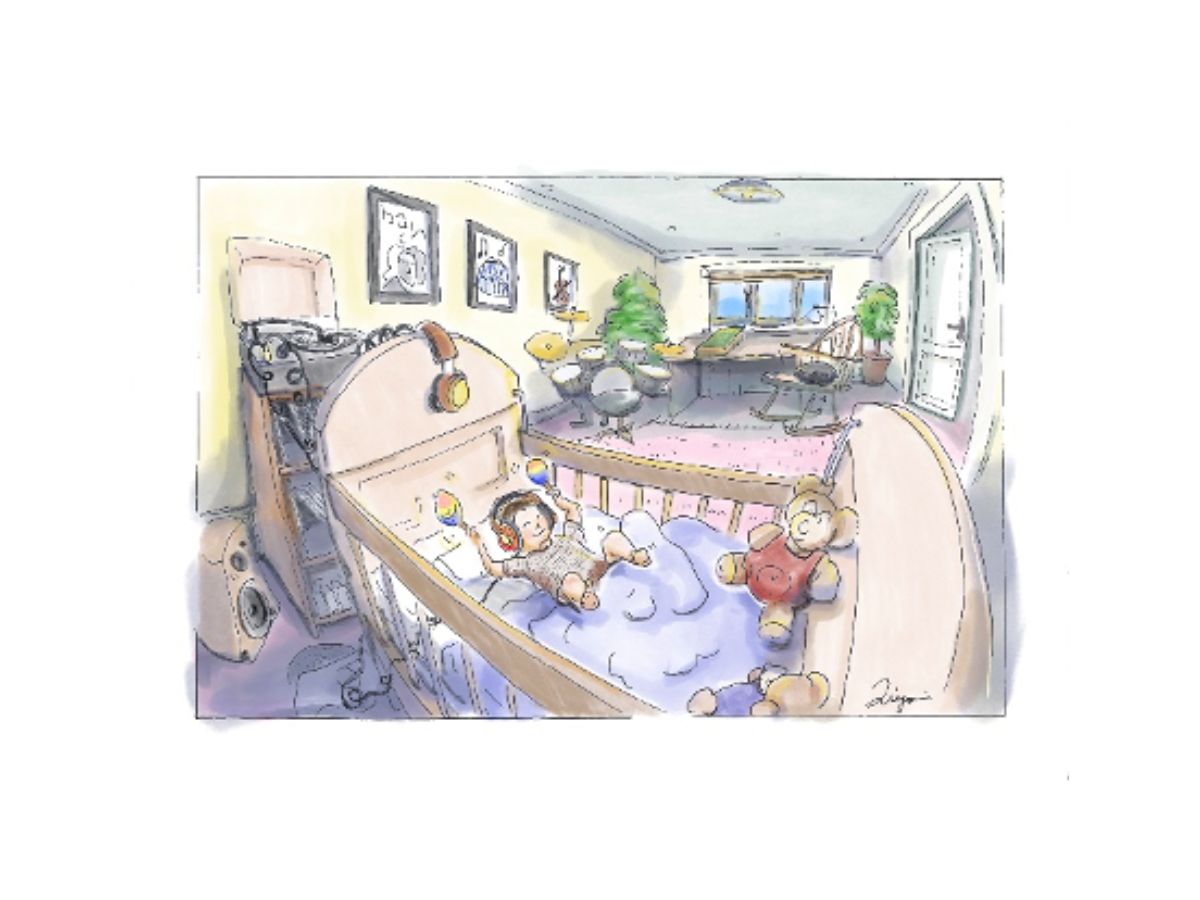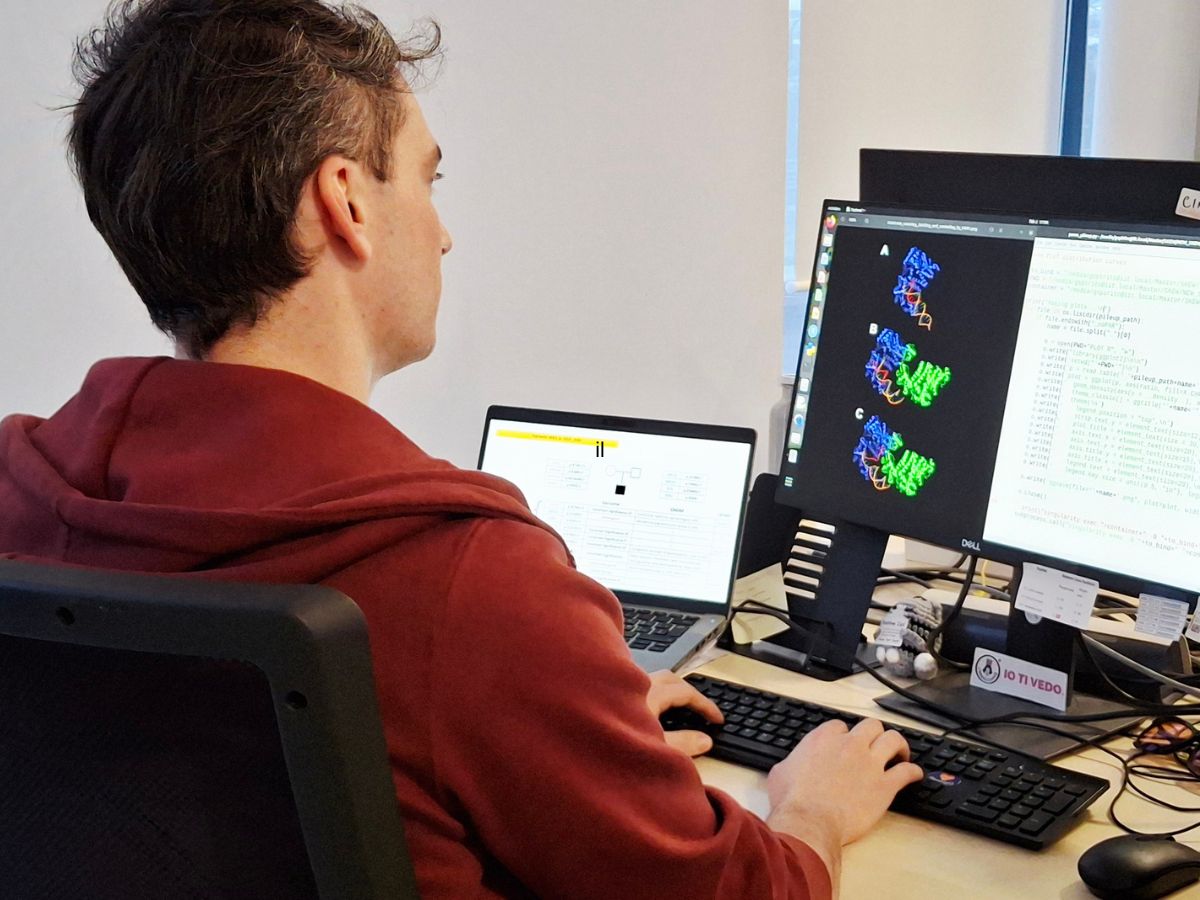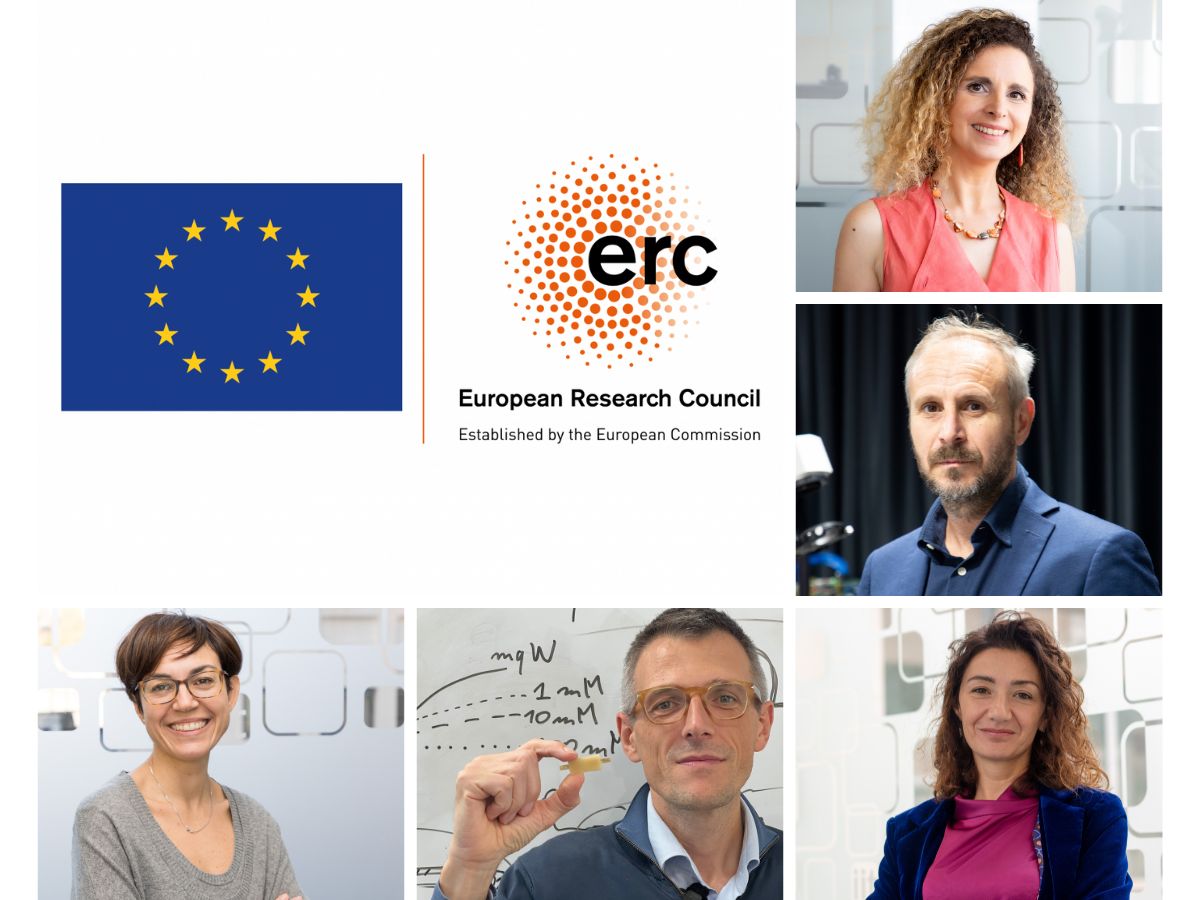Interview with Chiara Bartolozzi, interview with Chiara Bartolozzi
Name: Chiara
Surname: Bartolozzi
Place of birth: Rapallo, GE, Italy
Position: PI, Event-Driven Perception for Robotic
What does your research team do? We take inspiration from biology to equip robots with better perception. We take the so called “neuromorphic approach” where the sensing and computing components work along the computational principles of neural systems.
When you were younger, was this the job you had in mind? I never had clear ideas, I liked all subjects at school, I loved humanistic subjects, but also scientific ones. I had been a hard choice to choose one and enrol in engineering.
If this wasn’t your current job, what would you have liked to do? Something related to art, architecture or restoration of monuments.
That time you would have wanted to drop everything and do something else: At the end of my PhD, I was exhausted and thought “I’ll never work in academia anymore!”
“Publish or perish”. How does the pressure to publish influence your days and your professional choices? It’s a strong pressure that doesn’t improve the quality of work but hinders more explorative behaviours.
When did you realise you were going in the right direction? Am I going in the right direction? In science you can and must not be sure of this.
What is your next goal? Work on prosthetic devices.
What is the toughest aspect of your job? Mentoring people, giving good directions scientifically and career-wise.
Senior researchers necessarily have to deal with many bureaucratic aspects. Apparently, this aspect does not fit well with the research activity. How is that for you? I gave up doing research, I am overwhelmed by managing aspects and currently I give research directions and supervise my group, without hands on activity.
Who would have to invest more in research compared to what it is done today? The government and Italian industries. The companies that found our research are big players and multinationals, Italian investments are, to my knowledge, very low.
Do people talk about science outside the labs and the academic world? Not really, unless in dedicated events.
Who gave you the most important advice during your journey? My PhD supervisor, who is still a mentor in my career and personal life.
What would you say to the younger you finishing her PhD? Chose a postdoc in a well-established lab with strong mentorship and a vision.
Is working in different countries essential for a researcher? Should be mandatory.
You can improve one aspect of research in general. Which one would you choose? I’d like to improve the selection process and new welfare to support women researchers in their carrer.

